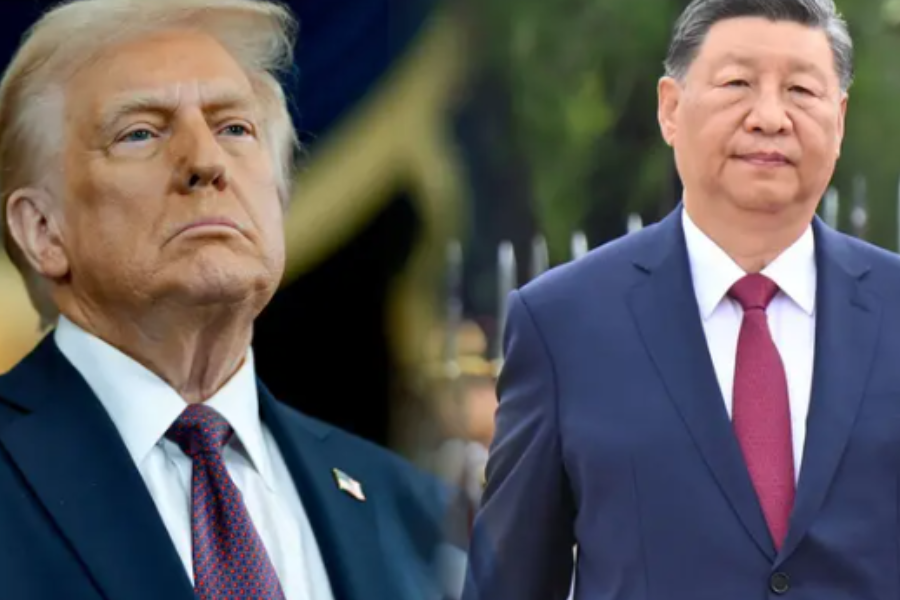Trade War: China Appeals to the U.S. to End Reciprocal Tariffs, Urges Trump to Act
On Sunday (April 13, 2025), China’s Ministry of Commerce appealed to the United States to fully eliminate reciprocal tariffs. Earlier, President Donald Trump had granted exemptions for certain electronic products, including smartphones and laptops.
A ministry spokesperson stated, “We urge the U.S. to take a significant step to correct its mistakes by completely abolishing the harmful practice of reciprocal tariffs and returning to a path of mutual respect.”
Impact of Tariffs on China’s Economy
The tariffs imposed by President Trump have worsened China’s economic situation. Leading Chinese economists have voiced concerns about the future of the country’s economy. The most alarming issue is that if the U.S. were to seize China’s foreign assets, China could face a situation similar to Russia’s.
Concerns of Chinese Economists
According to a report from South China Post, a senior economist and former advisor to the central bank, Yu Yongding, expressed serious concerns about the safety of China’s foreign assets amid the intensifying trade war with the U.S. He advised Chinese officials to remain vigilant and take the necessary steps to minimize potential losses.
The Dollar as a Weapon
Yu Yongding remarked at an event in Beijing, “The U.S. could weaponize the dollar. As the trade war escalates, I fear that the conflict could reach China’s foreign assets.”
By the end of 2024, China was expected to hold $10.2 trillion in foreign assets, including $3.2 trillion in foreign exchange reserves, most of which are in U.S. dollars. However, in recent years, China has been reducing its holdings of U.S. Treasury bonds. Since 2017, China has decreased its U.S. bond holdings by approximately 25%.
Could China Face a Situation Like Russia’s?
Yu Yongding warned, “We should learn from how the U.S. seized Russian assets after the Russia-Ukraine war and stay cautious. We must be prepared and take decisive actions to mitigate any future damage.”
Is the “Mar-a-Lago Accord” Also at Risk?
Yu Yongding also raised concerns about the hypothetical “Mar-a-Lago Accord,” which would involve the U.S. converting foreign debt into 100-year bonds denominated in dollars. According to Yu, “This would be a form of default, and it could pose a significant threat to China.”













